Tokyo Olympics: The Reason ‘Why the Church is Interested in Sport’
Exclusive Interview with the Under-Secretary of the Pontifical Council for Culture, Monsignor Melchor Sanchez de Toca, President of Athletica Vaticana, on the Eve of the Tokyo Olympics
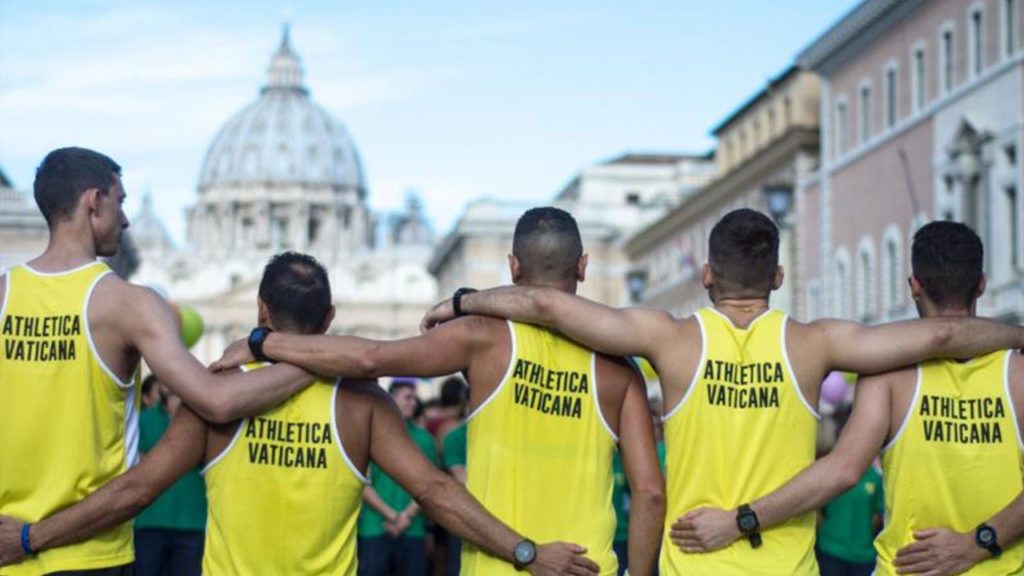
Sport has a major role in the life of many people. It moves passions and interests, is able to arouse expectations and enthusiasm, and is important for a healthy lifestyle. On the eve of the opening of Tokyo’s Olympic Games Exaudi was granted an exclusive interview with Monsignor Melchor Sanchez de Toca, Under-Secretary of the Pontifical Council for Culture, with responsibility for sport, and President of Athletica Vaticana.
On receiving the leaders of the Italian Basketball Federation the Holy Father recalled, without quoting him, the gesture of Pep Guardiola who kissed a medal after losing the Champions League final. And after the European final, he also invited after a defeat, to fight without giving up, with hope and confidence. What value does sport have for the Church?
The Pope himself gave the answer in May when he received the Vatican’s delegation, which was preparing to take part for the first time in the Championships of the Small States of Europe. He was the first to wonder: “what does the Vatican have to do with sport? The answer came with a quotation from the Latin poet Terence: “Homo sum, humani nihil a me alienum puto,” namely, “I am a man, and nothing that is human is foreign to me.” A phrase that was then used by the Fathers of the Church to explain that there is no human reality that isn’t interesting. It’s also true for sport, organized, professional sport as that practiced at all levels, which involves millions of people worldwide. It cannot fail to be of interest to the Church. There is no particular theological reason; there is simply a motivation of opportunity because it’s a human activity that involves so many people.
Recently the congress “Church and Sport, Let’s Start Together Again” was held at Lumsa University. What does it mean after the experience of the pandemic?
Here, too, I refer to the Pope’s words. The fundamental concept is that of “together.” As Cardinal Ravasi explained well in his intervention at the congress, it doesn’t mean to start against from where we were before the pandemic. The Cardinal commented on one of the most used and abused terms of this period, resilience, recalling that it stems from the Latin verb “salio,” which means to hop. That is, it’s not simply to return where we were before but to make a leap forward, projected to the future. It’s clear that the society, the world of sport, and also the Church cannot take up from the point where they were before the pandemic. However, what’s important is to do all this together, with team play.
Curiously, the International Olympic Committee is also considering adding a fourth word to its traditional motto “Citius, Altius, Fortius. The word is in fact together in English, communiter in Latin. It’s true for sport, which needs solidarity, I am thinking of the richer Federations that support the less rich ones, but also for society and for the Church. Sport does not save itself, what it needs is an “ecosystem” that supports it, but the Church is also in need of being enriched by values that come from outside. There comes to mind the figure of the oratory, a typically Italian reality, very beautiful, with soccer fields, five-a-side football, volleyball, and basketball next to the parishes. Undoubtedly, the Italian is a unique historical context, in which the oratory is rooted. The game, sports are part of an educational project, of a beautiful school of values. The oratory is fully integrated into the catechesis, in the liturgy.
Is it a model exportable to other realities?
I’m convinced it is, and not only in the realm of the Catholic Church. When the Bishops come <to Rome> on their ad Limina visit, we encourage them to give life to the oratories, obviously articulating them in keeping with the characteristics proper to each country. But I think it’s possible to have them also outside the Church, in other religious contexts. If there were more sports fields around the centers of communities’ life, the world would be without a doubt more beautiful. For example, the Great Mosque of Rome has created a sports group that has clearly as reference the oratory model.
The Church has always paid attention to the world of sport, but for some years it seems to be even more involved. I’m thinking of initiatives such as the Clericus Cup or Athletica Vaticana of which you are President. Is it a commitment that bears fruits?
In terms of sports and economy, no. In the world of the spirit, the fruits are difficult to measure, <because> the Judge uses criteria that is different from those we use, but I think so. In the last 100-120 years the Popes have often talked about sport. Saint Pius X about the bicycle; he promoted an international gymnastic display in the Vatican. It was an idea that stemmed from the meeting with De Coubertin, it was around the years ‘10-‘15 of the last century, in view of the organization of the Olympic Games at Rome, even though nothing was done. Saint John Paul II was a great sportsman; Francis has spoken many times of sport. In January he gave a long interview, which was described as the secular encyclical on sport.
The first document dedicated to this realm is that of 2018 entitled “To Give the Best of Oneself.” This is emphasized because it’s an important reality in people’s life. Suffice it to think of the recent European Soccer Championships: how many people were glued to their televisions and then filled the Squares. Sport has this great capacity of mobilization. Then there is the idea of being “pontiffs, namely of building bridges between the Church and sport, and the society more in general. We have excellent relations with the IOC, with the CONI [Italian National Olympic Committee], with the Paralympic Committee, and with the Italian institutions that govern the sector, such as Sport and Health. The Holy See is invited as a Permanent Observer at the meetings of Sports Ministers where it can bring an original point of view on ethical questions of existing problems. However, it’s more difficult to quantify the results.
Tokyo’s Olympics are approaching. What message can the Church send to the athletes and sportsmen of the whole world?
What Pope Francis has already sent, who wrote a letter to the men and women athletes taking part in the Games: to give the best of themselves, in sport as in life, to get involved, in life as in sport, not to be content with mediocre results and to enhance team play, because even the individual ones always have a team behind them. Pope Francis has described sport as “sacramental of beauty” and it seems to me that this makes one understand the dimension and importance that it has in people’s life.
Translation by Virginia M. Forrester
Related
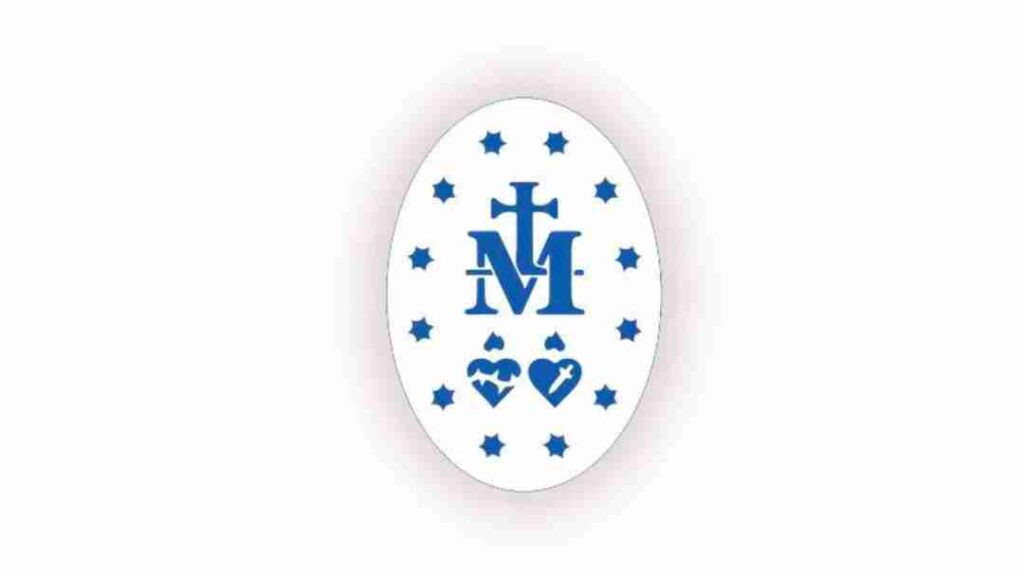
Thy will be done
Albert Cortina
17 April, 2025
35 min
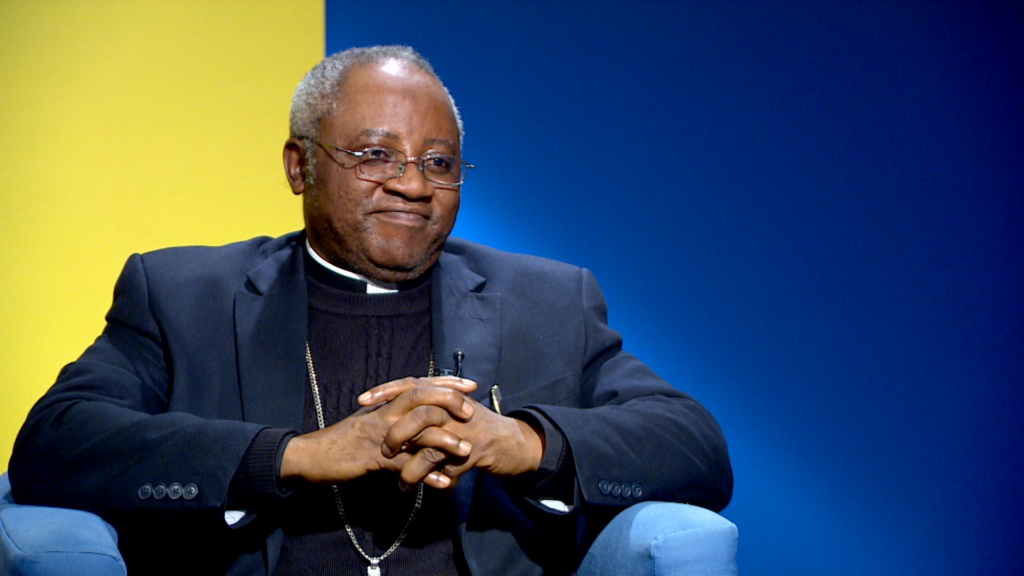
Despite hardships, Christianity is growing “astronomically” in northern Nigeria
Ayuda a la Iglesia Necesitada
10 April, 2025
3 min
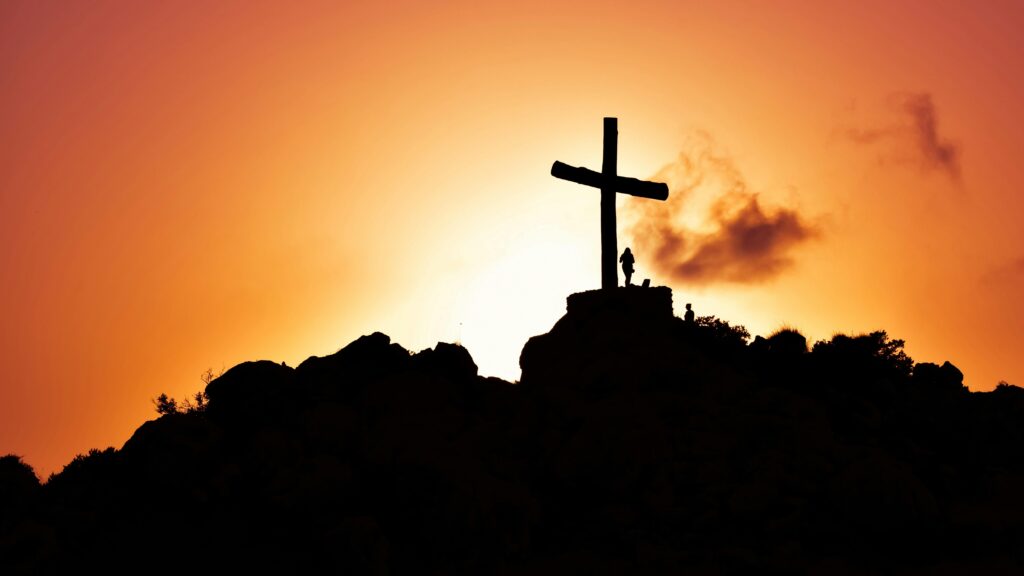
“Christianity, a Powerful Engine of Social Transformation”
Exaudi Staff
09 April, 2025
3 min
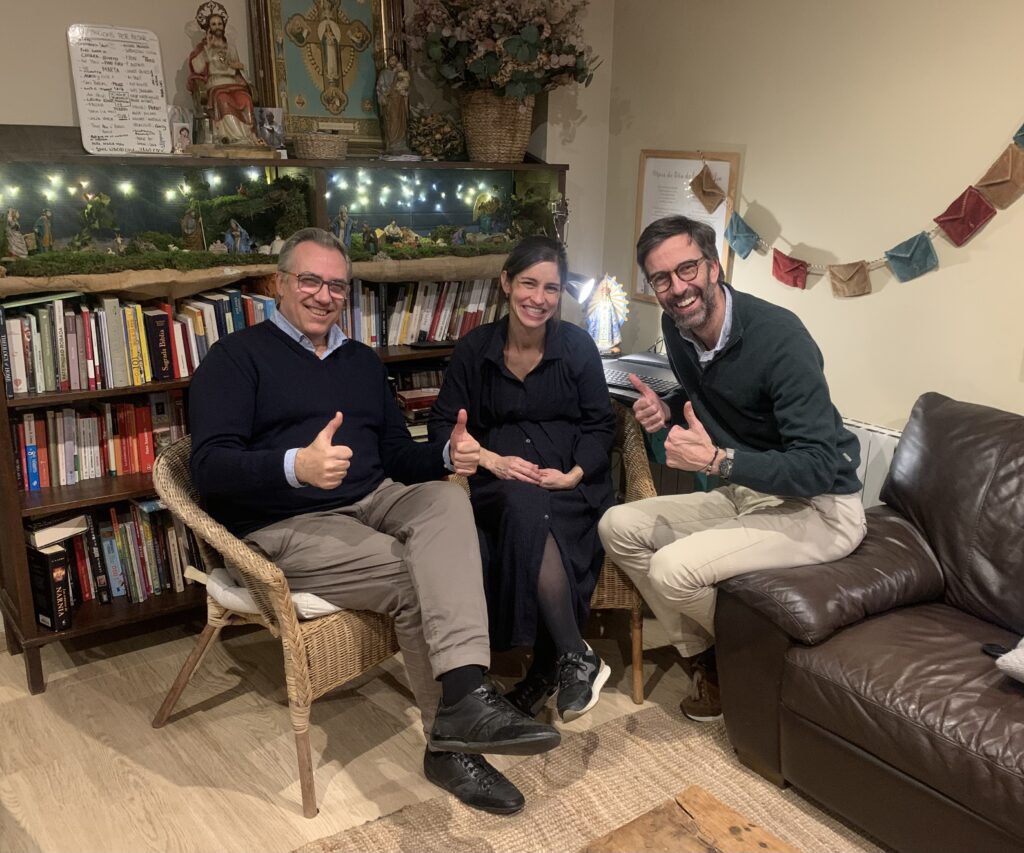
Let God be God
Albert Cortina
11 March, 2025
25 min
 (EN)
(EN)
 (ES)
(ES)
 (IT)
(IT)

